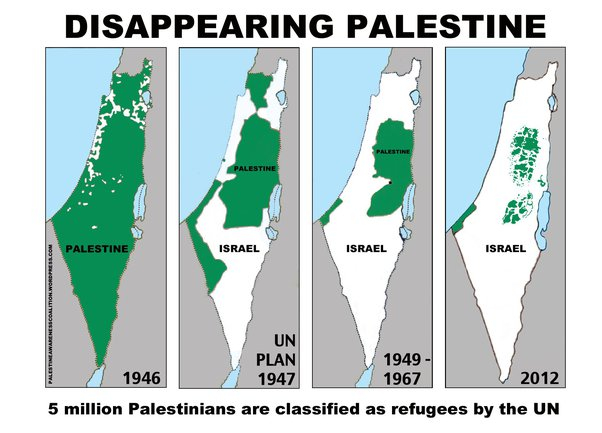The United Nations children's agency, UNICEF, has issued a stark warning about the dire food insecurity situation in the Gaza Strip, placing hundreds of thousands of Palestinian children at a high risk of starvation due to the months-long Israeli attacks on the besieged territory. According to media reports on Saturday, UNICEF revealed that 335,000 Palestinian children under the age of five are in danger of starvation as the Israeli regime continues to block food and fuel supplies to Gaza.
In a statement, UNICEF cited the Integrated Food Security Phase Classification (IPC), which recently highlighted the very high risk of famine in Gaza, escalating daily if the current situation persists. The IPC report indicated that over half a million people, or at least one in four households in the Gaza Strip, are facing catastrophic levels of acute food insecurity—the highest warning level.
UNICEF strongly condemned Israeli actions in Gaza, emphasizing that "silence is complicity" and calling on the global community to exert pressure on Israel to halt its ongoing attacks, which the agency describes as a "war on children." The agency pointed out that Palestinian children are not only enduring violence from the air but also facing deprivation on the ground, emphasizing that children continue to bear the highest toll of the conflict.
The report underscored the manmade and preventable catastrophic conditions in Gaza, with almost 1.2 million people experiencing emergency levels of acute food insecurity, surpassing famine thresholds. The dire situation means that families in Gaza are at a real risk of hunger-related deaths. UNICEF estimates that in the coming weeks, at least 10,000 children under five will suffer severe malnutrition, requiring therapeutic foods to survive.
The agency criticized the Israeli attacks, highlighting the catastrophic damage inflicted on medical and food supplies in Gaza, deeming the situation "unacceptable." With more than 80 percent of young children experiencing severe food poverty and over two-thirds of hospitals no longer functioning due to fuel, water, and medical supply shortages or damage from attacks, the agency stressed the urgent need for a humanitarian truce in Gaza.
Earlier this week, UNICEF spokesperson James Elder called for an immediate humanitarian truce, warning that without it, deaths from disease could surpass those caused by bombings in the besieged Palestinian territory.

















